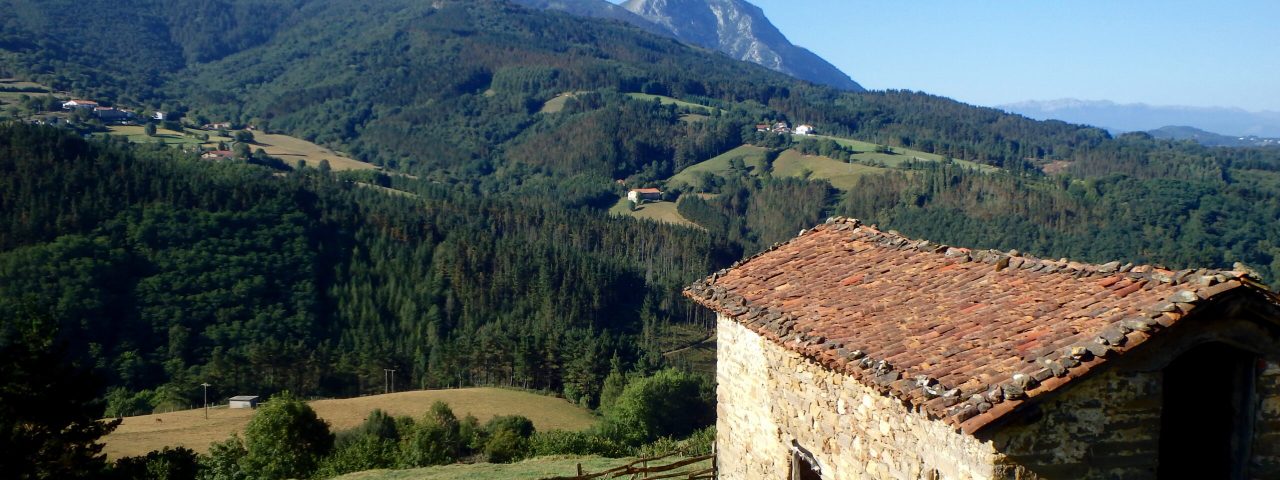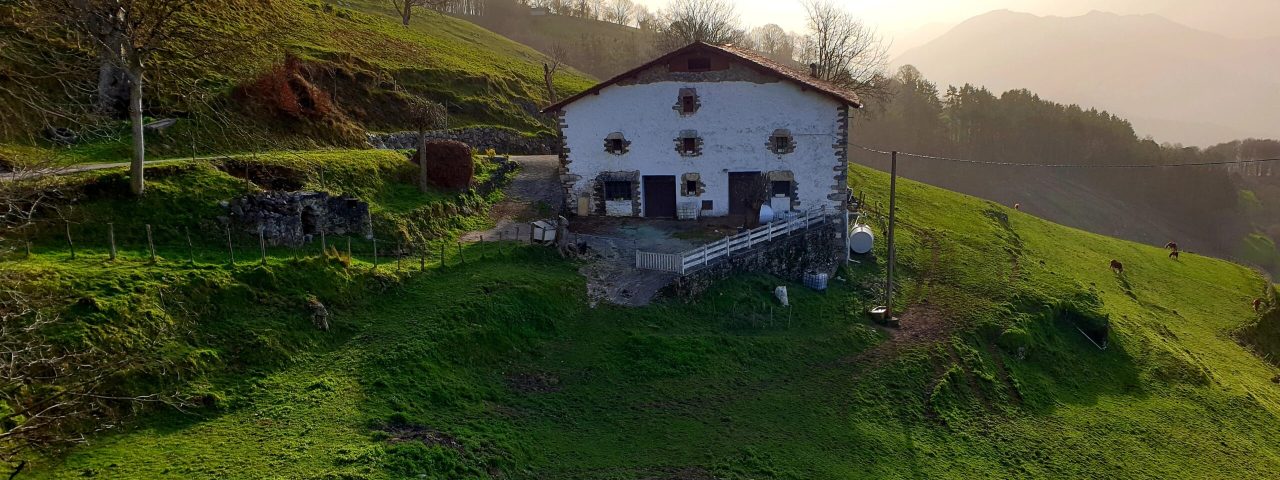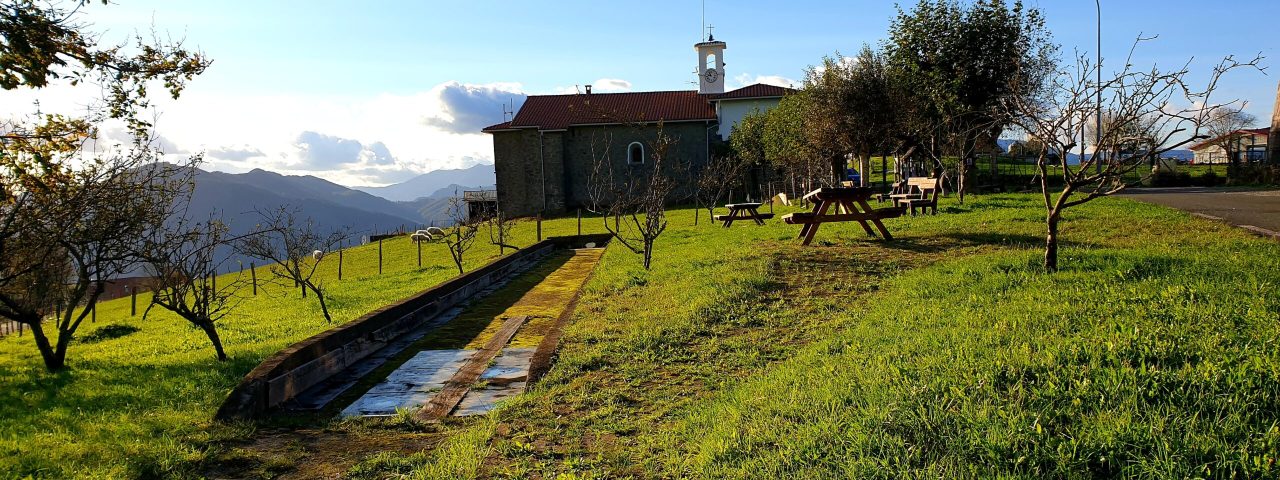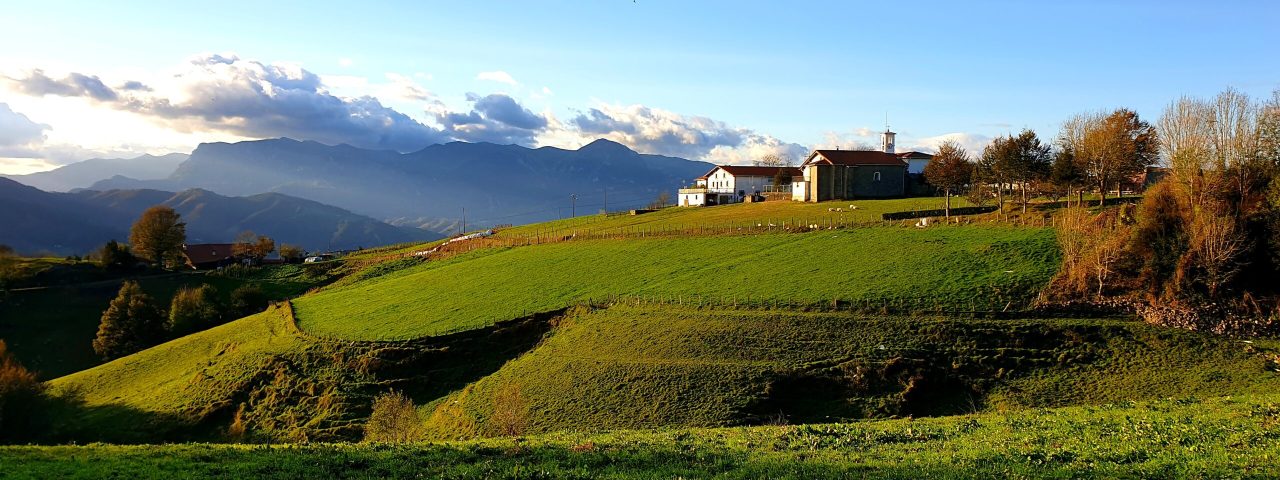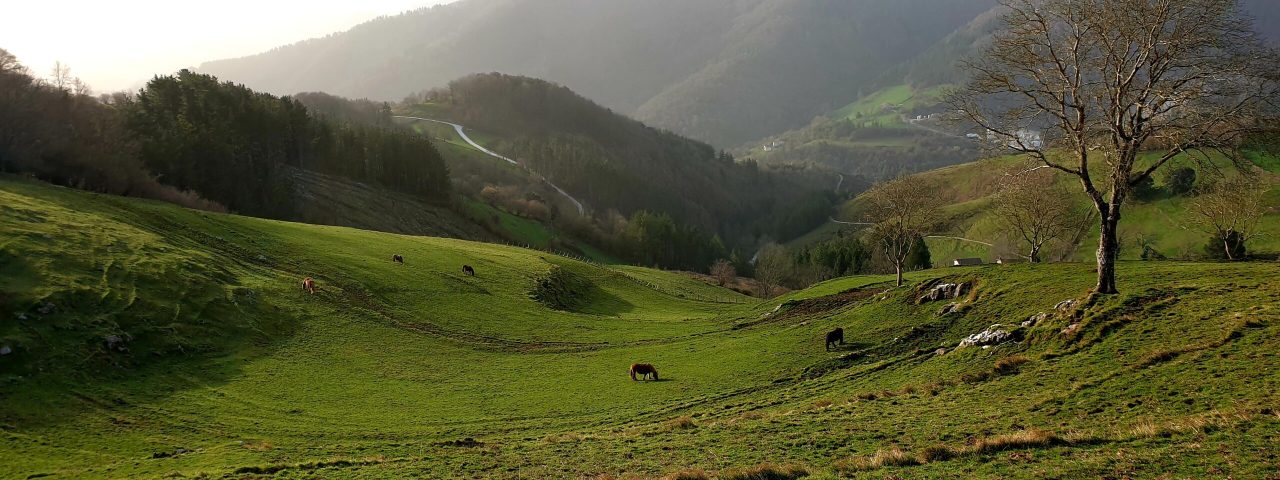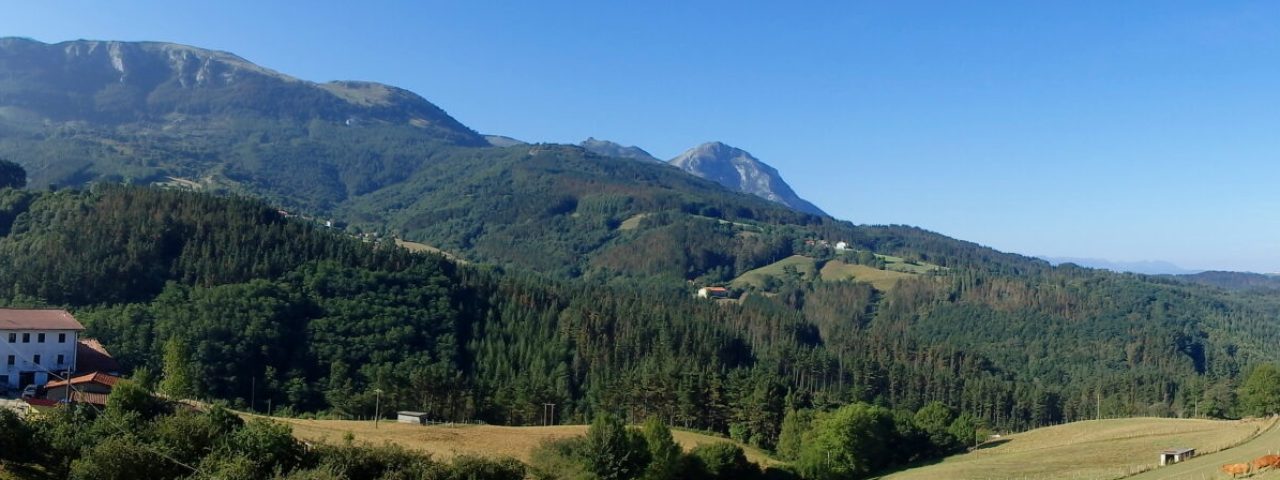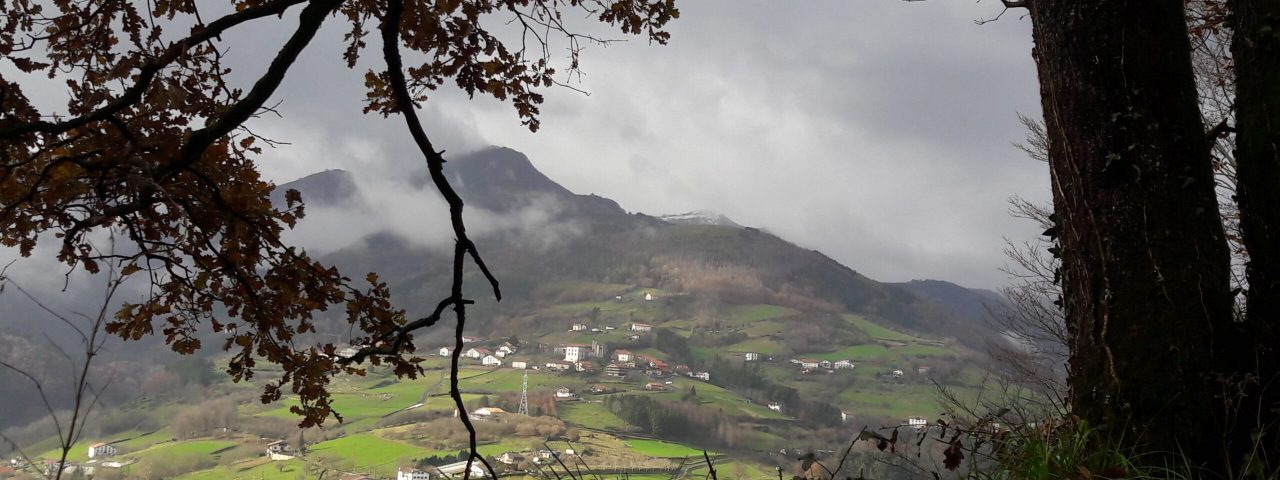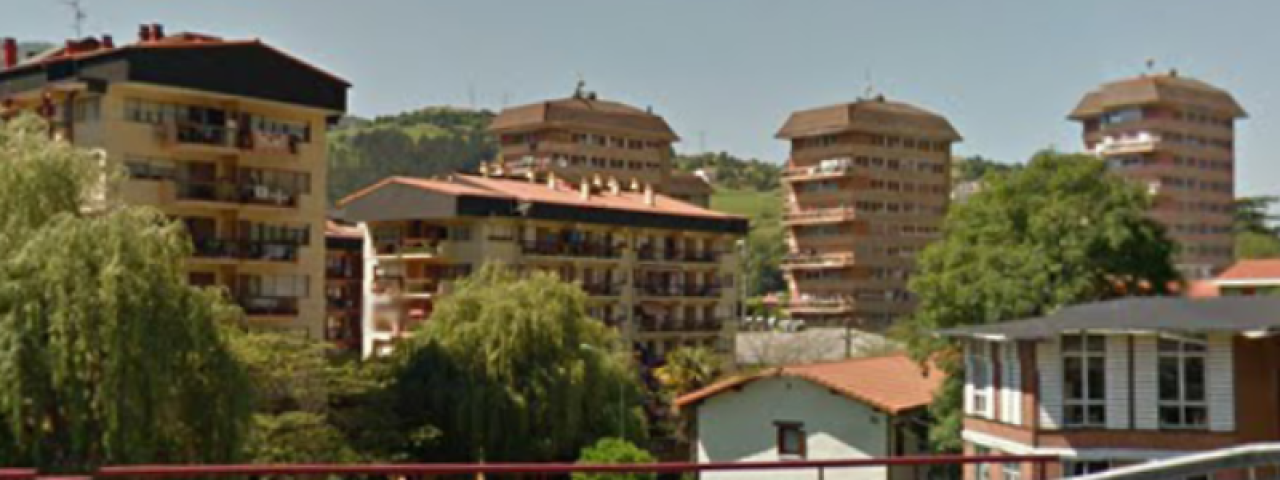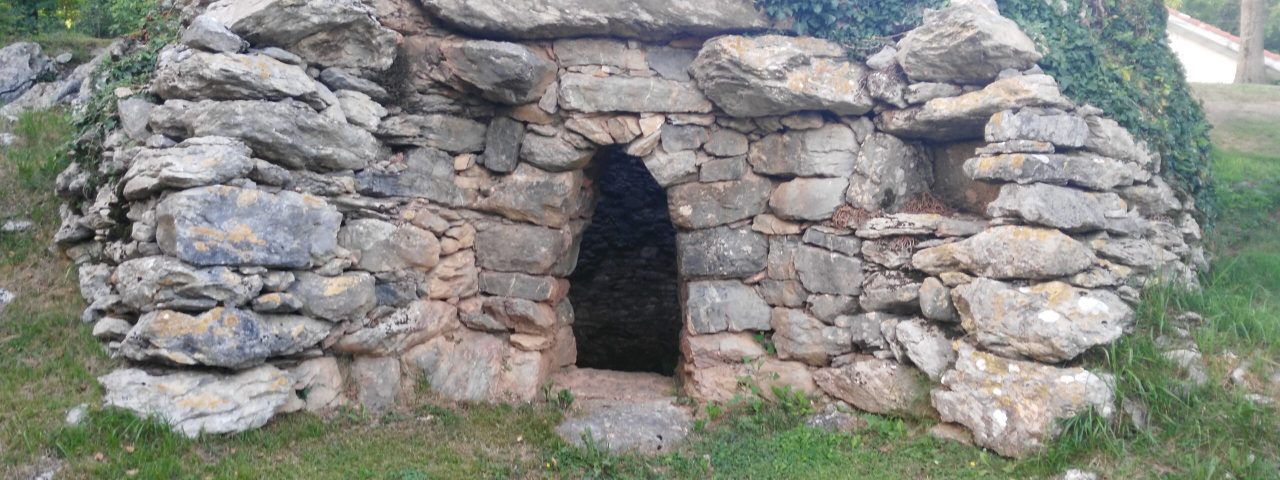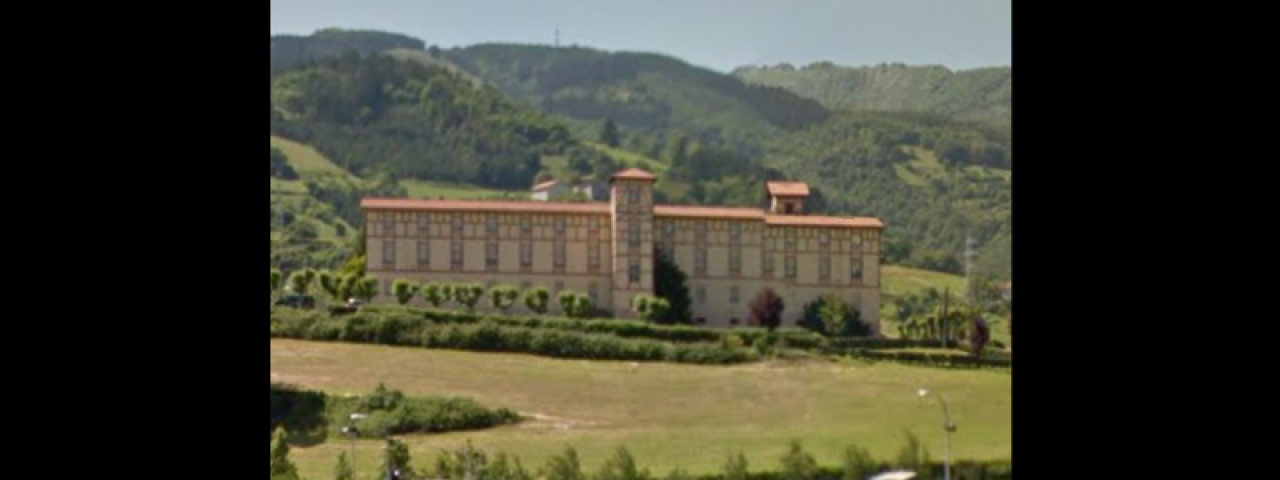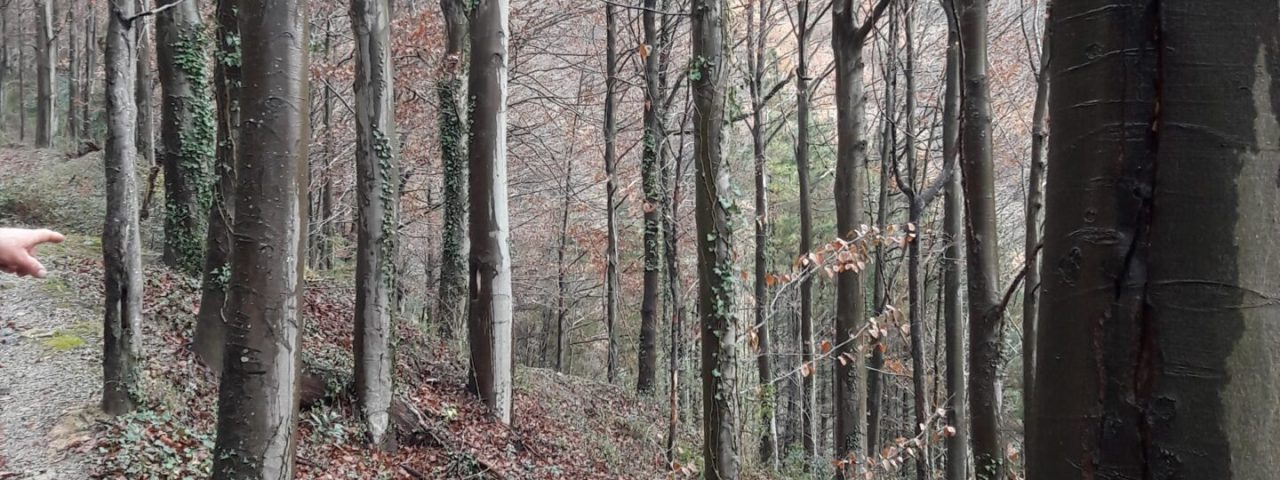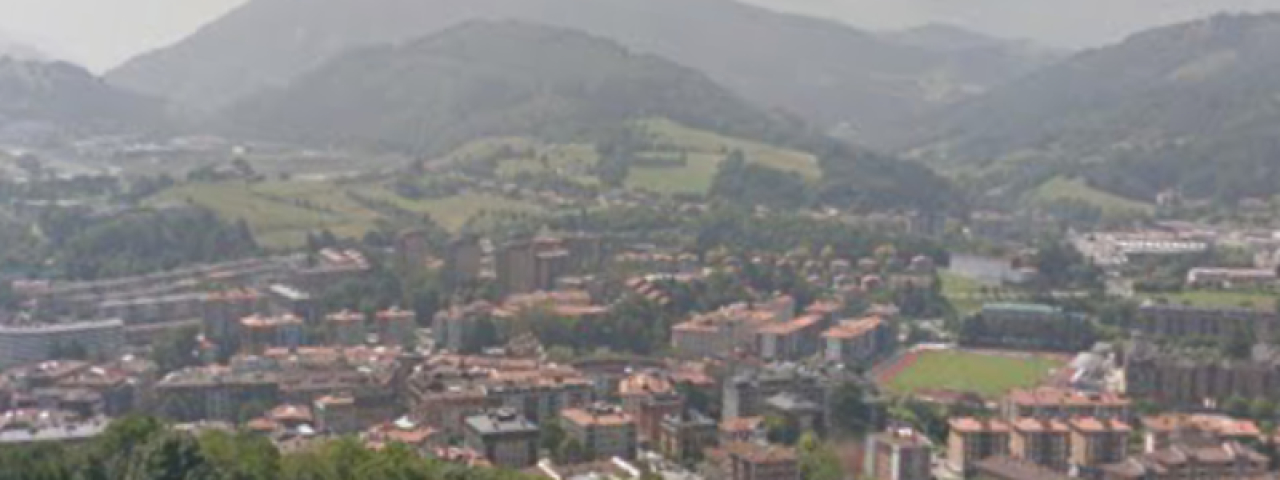Tolosa has a rich history that stretches back to the medieval period. It was founded in the 13th century, initially serving as a strategic fortified town due to its location along key trade routes. Throughout the centuries, Tolosa has been shaped by various historical influences, including its significance as a royal tax-exempt town during the reign of King Alfonso X of Castile. Its role as an important center for the paper and wool industries during the Industrial Revolution also left an indelible mark on its development.
Culturally, Tolosa is famous for its deep-rooted Basque traditions and its vibrant festival scene. One of the most celebrated events is the Tolosa Carnival, one of the most important and lively in the Basque Country, attracting participants and visitors with its colorful costumes, parades, and street performances. Another key cultural event is the International Puppet Festival (Titirijai), which brings together puppetry artists from all over the world, making Tolosa an international cultural hub.
In addition to its festivals, Tolosa retains strong Basque customs, such as traditional Basque sports like pelota and rural sports (herri kirolak), which reflect the city’s agricultural past. The Basque language (Euskara) is widely spoken alongside Spanish, and the city’s dedication to preserving its linguistic and cultural heritage is evident in everyday life.
